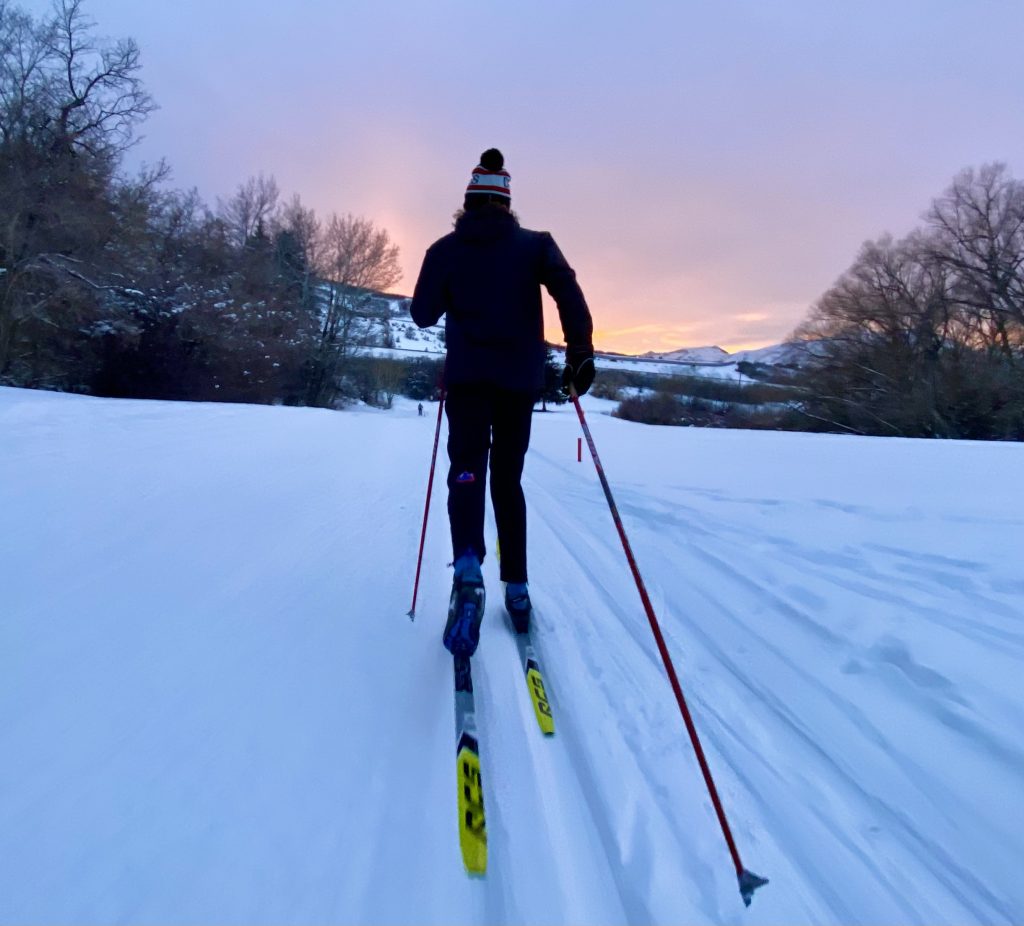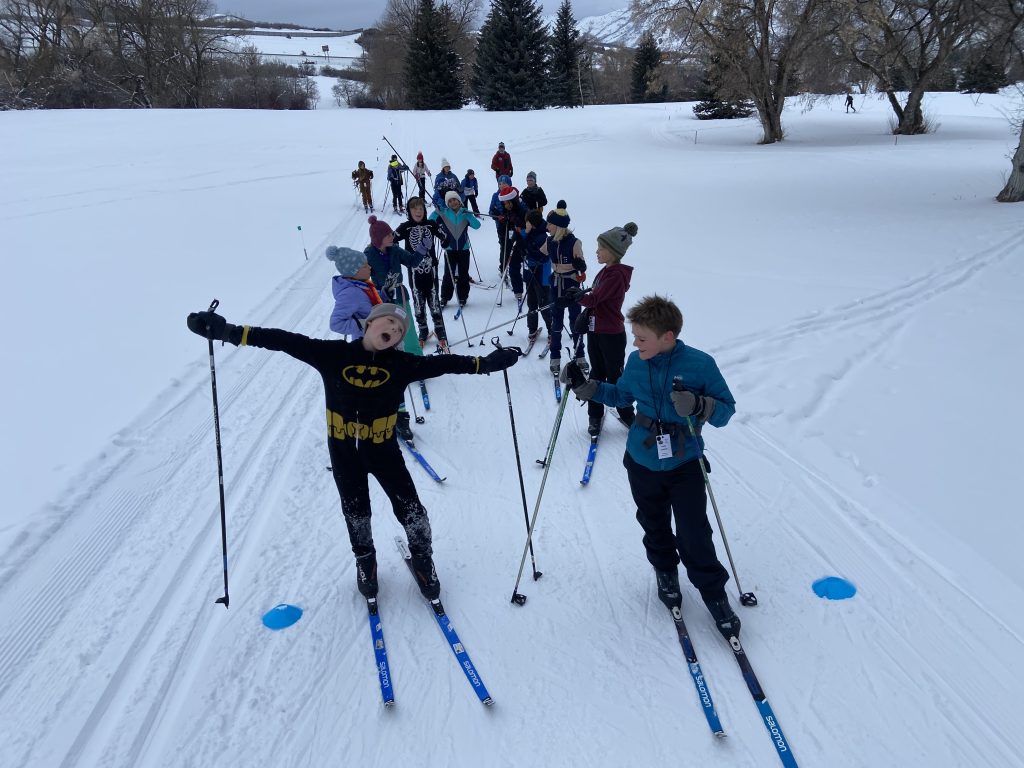Building a Plan Around Goals — The Path to Positive Outcomes
by Pete Vordenberg
Part One: Three Types of Goals
Plans and goalsetting go hand-in-hand. Training planning uses training theory to prepare you to accomplish a specific goal. Through a progression of gently breaking the body down through the stress of training, wisely building it back up with rest, and then gradually progressing the level of stress as you get fitter and stronger, you get closer to your goals.
Planning begins with the goal and works backwards. How will you arrive at your goal ready to accomplish it? What qualities and attributes will you need develop to accomplish your goal, and by what means will you develop them?

Goal setting and training planning requires a knowledge of, and honesty with yourself.
You must start where you are.
Setting goals is an act between dreaming and planning. Dreaming of something you would like to do is fun. To actually set out to live that dream demands you set a goal to accomplish it, and accomplishing it requires a plan, a path, a way to get there. The plan is the path. At one end is the goal, at the other your current position on the path.
Along the path are three types of goals.
Process Goals
These are specific actions that are immediately achievable. Examples of these are, “I’m going to eat properly today before practice,” and, “I’m going to stay in level 1 for my whole overdistance workout today.” These goals can be set daily.
Performance Goals
Short term targets on the way to bigger goals break down the goal into small steps that you need to accomplish along the way. This can be something like, “I’m going to ski the same distance for every interval,” or, “I’m going to ski the second lap faster than the first in this race.” These goals do involve performing—it’s in the name—but are still within your control.
Outcome Goals
Results are hard to count on, but this type of goal involves setting a bar and achieving that with others in the mix. “My goal is to win the classic distance race at the JNQ,” or “I want to make the national team,” rely on a good performance in the field with others who you can’t control.
The goal at the far end of your plan is not the final goal. Nor is it the only goal along the way. The path is strewn with goals. All goals are valid, but perhaps the most powerful ones are process and performance goals as the outcome of these are mostly within your power, whereas outcome goals depend upon the performance of others and factors which are less within your power. Also, process goals are truly what make up the path. They are the work you must do, the work you are doing, the work you have done. Performance goals offer targets and waymarks to let you know how you are progressing along the way.
The goal at the end of your plan often takes place over a short time period, a single event or series of events. The process goals are literally every day. They make up the bulk of this experience. Here the goals fit together in support of each other:
Outcome goal: Make the Jr. National Team.
A performance goal that supports that outcome: Run 3km in under 9 minutes.
A process goal that leads to the accomplishment of the performance goal: Run specific intervals twice a week for the next 5 weeks.
Within the planning process you will set process goals for each workout. They not only can be, but should be very simple.

Further examples of process goals
Further examples of performance goals
The accomplishment of process goals should lead directly to the achievement of your performance goals. The process goals you set are based on the performance goals you set. If you want to run 3km in under 9 minutes you will need to set a plan to do running intervals over several weeks building up to the right pace and duration to run that speed for 9 minutes. The goal of running a 9min 3km should in-turn support the more distant goal of making the Jr. National Team.
The planning and goal setting section began by stating that you must know yourself well so as to start where you are. This also takes honesty.
What kind of training you can do now depends on what kind of training you have been doing, and are ready to do now. You cannot jump into a high level of training without building up to it. Building up to it might be where you are, and it is a great place to be.
Start where you are.
Take no shortcuts.
Each step of the path provides the fitness and knowledge you need for the next step. To skip a step is to bypass an opportunity for learning and development.
Each step of the path provides all the joy, struggle, lessons, and experience this journey has to offer. So, inhabit this and each step completely.
You start where you are every day.
Every time you start where you are, you are in a new place. Sometimes it will feel like a step forward and sometimes you will feel like you’ve taken a step backward, and you need a rest. That is part of the process.
The final step of the plan, or this path, is no more important than any other step on this path.
Each day, each workout, each step, each breath is its own purpose, its own reward, its own lesson. Your focus must be on the step you are on. This step. This step is the key not only to the accomplishment to your outcome goal, but to unlocking the joys and lessons of the practice of sport.